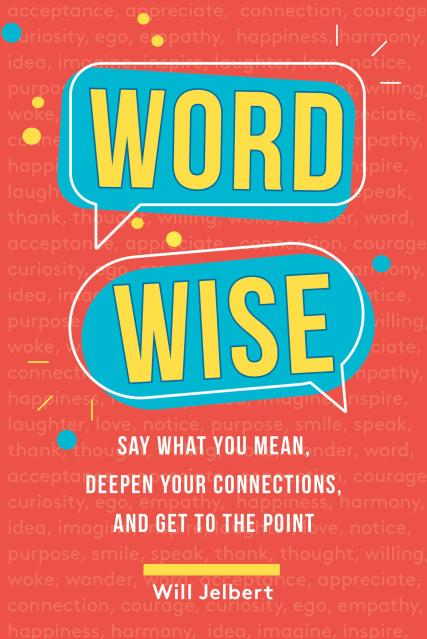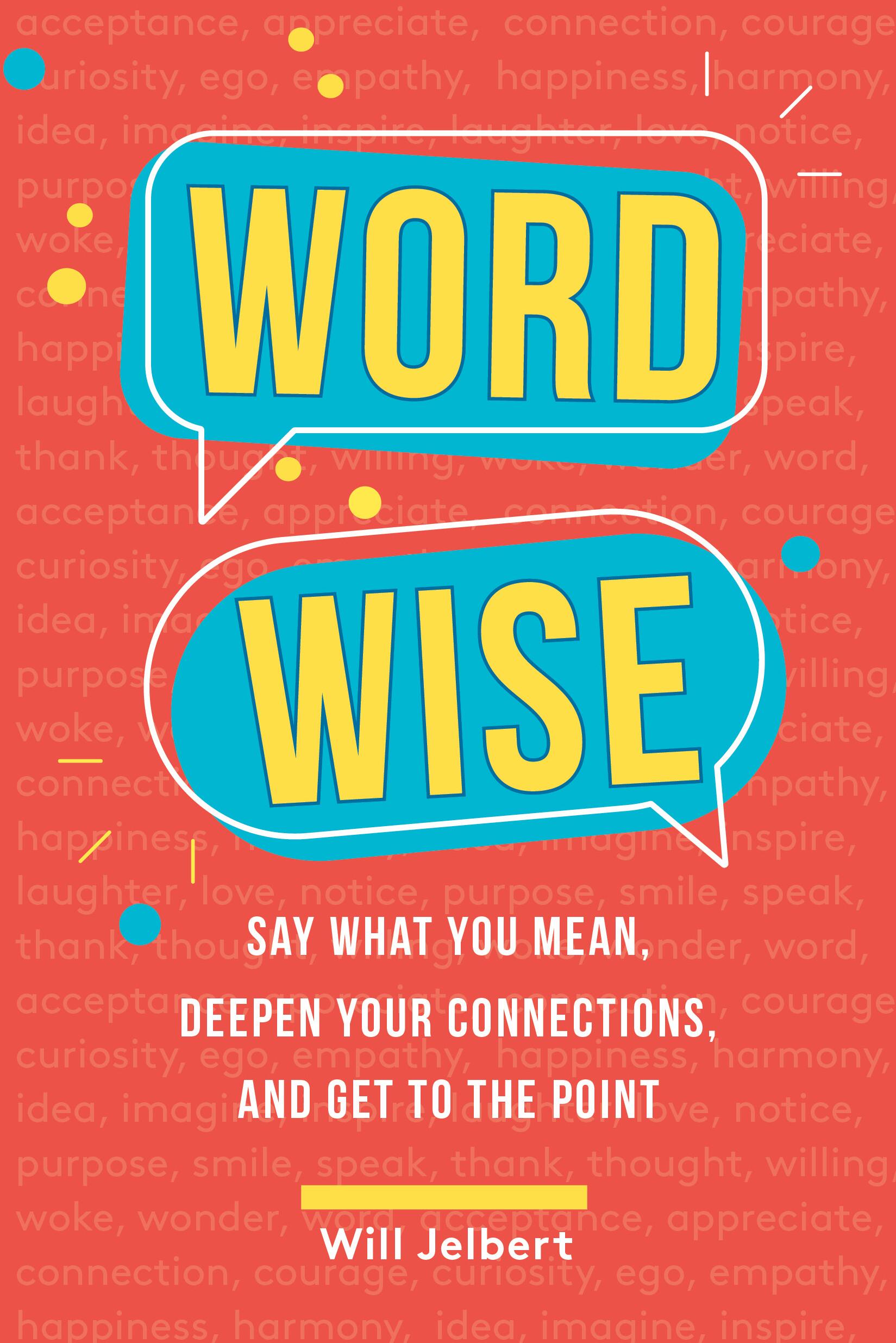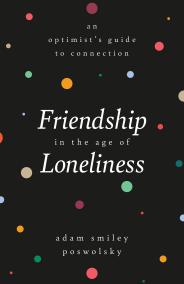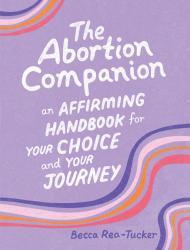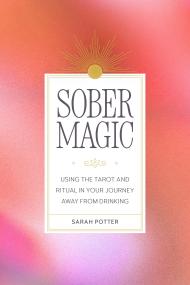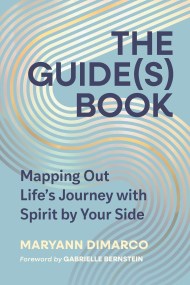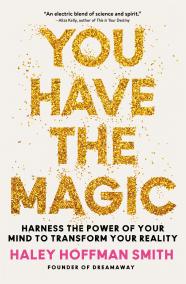By clicking “Accept,” you agree to the use of cookies and similar technologies on your device as set forth in our Cookie Policy and our Privacy Policy. Please note that certain cookies are essential for this website to function properly and do not require user consent to be deployed.
Word Wise
Say What You Mean, Deepen Your Connections, and Get to the Point
Contributors
By Will Jelbert
Formats and Prices
- On Sale
- Oct 20, 2020
- Page Count
- 224 pages
- Publisher
- Running Press
- ISBN-13
- 9780762499687
Price
$16.99Price
$22.99 CADFormat
Format:
- Trade Paperback $16.99 $22.99 CAD
- ebook $11.99 $15.99 CAD
- Audiobook Download (Unabridged) $24.99
This item is a preorder. Your payment method will be charged immediately, and the product is expected to ship on or around October 20, 2020. This date is subject to change due to shipping delays beyond our control.
Buy from Other Retailers:
Supercharge your speech to get what you want out of every conversation with this fun and practical guide to verbal vividness.
An eye-opening guide on how we talk and write to one another, Word Wise explores 400+ of the most common cases of word trash (filler words, hyperbole, and abstractions) and word power (verbs of action, ear candy, onomatopoeia). Examining social media, the language of Donald Trump, AI language research, and heard-on-the-street lingo, communication expert Will Jelbert offers simple and concrete recommendations for improving your own vernacular.
With wit, practical applications, and a small dose of grammar, Word Wise will help you communicate more effectively at home, at work, and online.
An eye-opening guide on how we talk and write to one another, Word Wise explores 400+ of the most common cases of word trash (filler words, hyperbole, and abstractions) and word power (verbs of action, ear candy, onomatopoeia). Examining social media, the language of Donald Trump, AI language research, and heard-on-the-street lingo, communication expert Will Jelbert offers simple and concrete recommendations for improving your own vernacular.
With wit, practical applications, and a small dose of grammar, Word Wise will help you communicate more effectively at home, at work, and online.
-
"Will Jelbert is a Marie Kondo for language: challenging our worst habits and offering a way through the clutter."Kate Riordan, The Guardian
-
"This book is an essential guide for a social-media saturated generation."Michelle Gielan, co-creator of Oprah's happiness course and bestselling author of Broadcasting Happiness
-
"A laugh-out-loud journey to find the right words for every situation. This book will make you a better communicator-and a better person."Adam Smiley Poswolsky, keynote speaker and author of The Breakthrough Speaker and The Quarter-Life Breakthrough
Newsletter Signup
By clicking ‘Sign Up,’ I acknowledge that I have read and agree to Hachette Book Group’s Privacy Policy and Terms of Use
